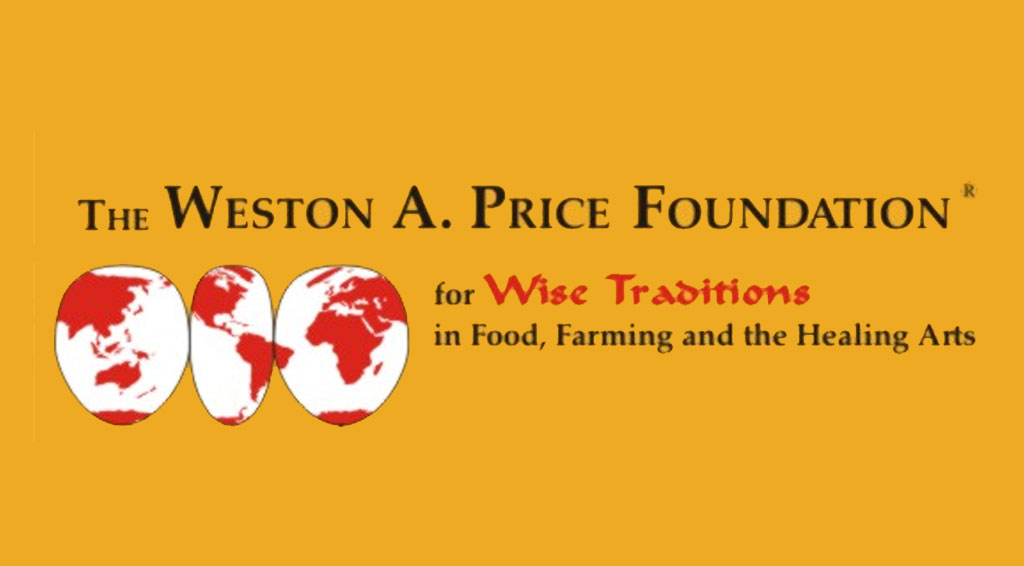In an extraordinary reversal on May 6, 2025, North Carolina lawmakers scrapped a proposed ban on raw milk sales in the annual Farm Act, opting instead to study broader availability after a wave of bipartisan pressure and public outrage. Once condemned by Agriculture Commissioner Steve Troxler as akin to “playing Russian Roulette with public health”—citing threats like bird flu—the ban was abandoned amid dramatic scenes as over 100 raw‑milk advocates packed committee rooms and flooded legislators with calls and messages.
Simultaneously, on April 21, 2025, the FDA suspended its milk proficiency‑testing program, which checks dairy labs for key contaminants—including bird‑flu markers—in Grade A and raw milk, due to a massive staff reduction within HHS prompted by federal budget cuts. Though FDA officials say state and federal labs still analyze samples under the Grade A Pasteurized Milk Ordinance, the abrupt pause sparked alarm over diminished public oversight.
Public sentiment erupted across social media, with many spotlighting the inconsistency of restricting raw milk consumption while relying on mandated vaccines:
“We’re living in a world where they mandate synthetic mRNA shots but make raw milk illegal to sell in many areas,”
— X Post
Perhaps most striking was this vivid comparison:
This farming voice underscores the absurdity felt by many: selling illegal drugs could carry less risk than distributing raw dairy—a reflection of widespread frustration with FDA policies.
A Cultural Flashpoint: Raw Milk at the Crossroads of Policy and Identity
North Carolina’s reversal of a proposed raw milk ban isn’t just a local legislative wrinkle—it reflects a growing national shift in how Americans view food freedom and federal authority. Advocates of raw milk increasingly characterize pasteurization mandates as not only outdated, but emblematic of broader regulatory overreach. To them, what began as a safety measure has become a barrier to consumer choice and small-scale agriculture.
At the same time, the federal government’s ability to enforce food safety has come under scrutiny. The FDA’s recent suspension of its milk testing program—citing workforce cuts amid budget reductions—has left a vacuum in oversight, just as headlines about bird flu in dairy cattle stir public concern. While officials maintain that core testing continues at state levels, critics argue the system is now running on fumes, further eroding trust.
What’s emerged in response is an unlikely alliance. From libertarian homesteaders and GOP lawmakers to progressive mothers and food sovereignty activists, raw milk has galvanized support across the political spectrum. What unites them isn’t ideology, but a shared frustration with one-size-fits-all mandates—and a desire to reclaim the right to choose what goes into their refrigerators.
What’s Next?
North Carolina’s legislature is now exploring retail sales and herd‑share models, signaling a greater push for consumer choice with safety guardrails. Meanwhile, Iowa and Delaware are advancing their own raw‑milk bills and regulations.
The convergence of rising public demand, political cross‑party support, and federal oversight gaps —especially with FDA staff cutbacks—creates a national opening for raw‑milk reform.
Want clean, local, unpasteurized milk from farmers who refuse to be regulated out of existence? Discover the raw truth and find your source at RealMilk.com from Weston A. Price Foundation. Ready to take back your dairy?






0 Comments